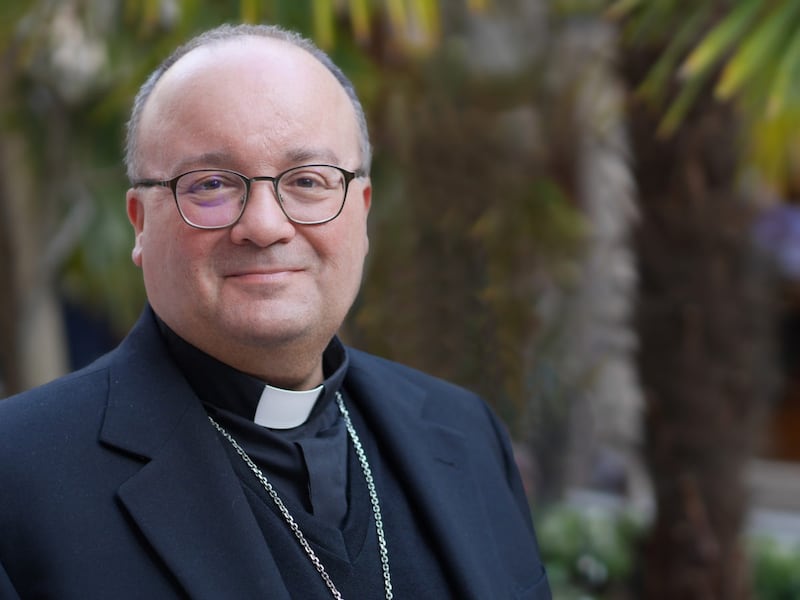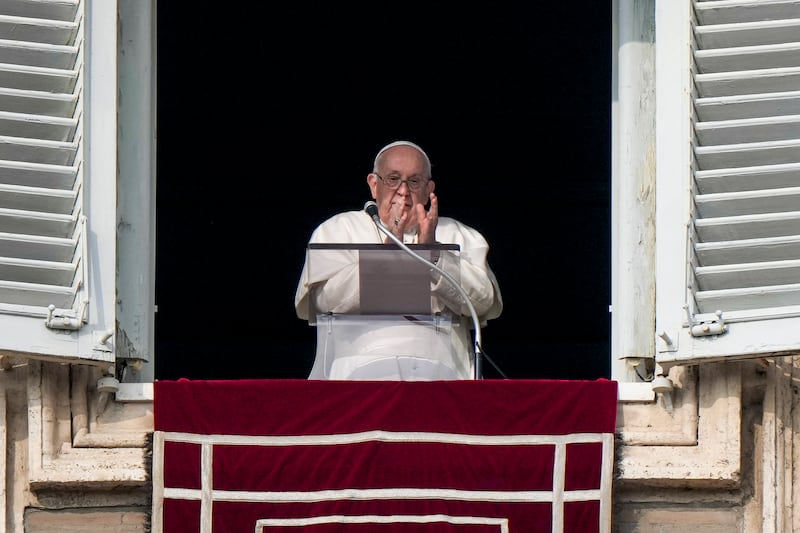The Catholic Church must end celibacy and the bar on married priests or there will be none left in the western world in 30 years time, former President Mary McAleese has said.
Mrs McAleese, currently chancellor of Trinity University, was speaking after a highly influential figure within the Vatican suggesting revising the requirement that priests be celibate.
Archbishop Charles Scicluna of Malta, an adviser to Pope Francis, said: “If it were up to me, I would revise the requirement that priests have to be celibate. Experience has shown me that this is something we need to seriously think about.”

He told the Times of Malta: “This is probably the first time I’m saying it publicly and it will sound heretical to some people.”
“I am delighted he came out and said it because he is regarded very, very highly by pretty much everybody in the church,” said Ms McAleese, a canon lawyer and also a supporter of ordaining women.
Archbishop Scicluna first came to prominence in 2018 when he was tasked with investigating allegations of a sexual abuse cover-up in Chile.
This followed what Ms McAleese described as one of Pope Francis’ worst visits of his papacy, during which he essentially denied there was any evidence supporting the allegations of a cover up by senior clergy.
After their investigation in Chile, Scicluna and colleague Monsignor Jordi Bertomeu delivered a 2,600-page dossier which prompted the Pope to apologize for mishandling the issue.
“It established his credentials and integrity….when he speaks, people listen,” said Ms McAleese.
Many within the Vatican agree here are no theological arguments in favour of celibacy and that the bar on priests was introduced a millennia ago in order to protect the property rights of the church.

Pope Francis has agreed there is no formal church doctrine on celibacy and marriage, and admitted a future pontiff may change the rules, but he has decided not to do so, Ms McAleese said, adding she believes the most “interesting possibilities” for the next Pope are from the “excellent leadership” in Belgium and Germany.
Proposals in recent years, ruled out by the Pope, include allowing elderly married men in the Amazon to be ordained to cover a chronic shortage in remote areas and to let the previously ordained who have married to return to church duties.
The latter are still regarded as ordained but Ms McAleese said proposals to allow older men to become priests or for ones to return “does not really solve anything”.
An entirely new cohort of eligible, younger, men are needed, she said, adding a warning if the status quo is maintained the church will be “looking at the western world in 30 years where there will not be any priests”.
Opposition to married priests - and ordaining women - is strongest in the more conservative “global south”, where the church is still growing and it is argued celibacy allows a man to devote himself entirely to the church.
Ms McAleese is not impressed, comparing the situation to Ireland 100 years ago. Young men, often surrounded by poverty, saw the church as a route to education, a job, status and influence, Ms McAleese said.
“And we know where that ends up,” she said.



